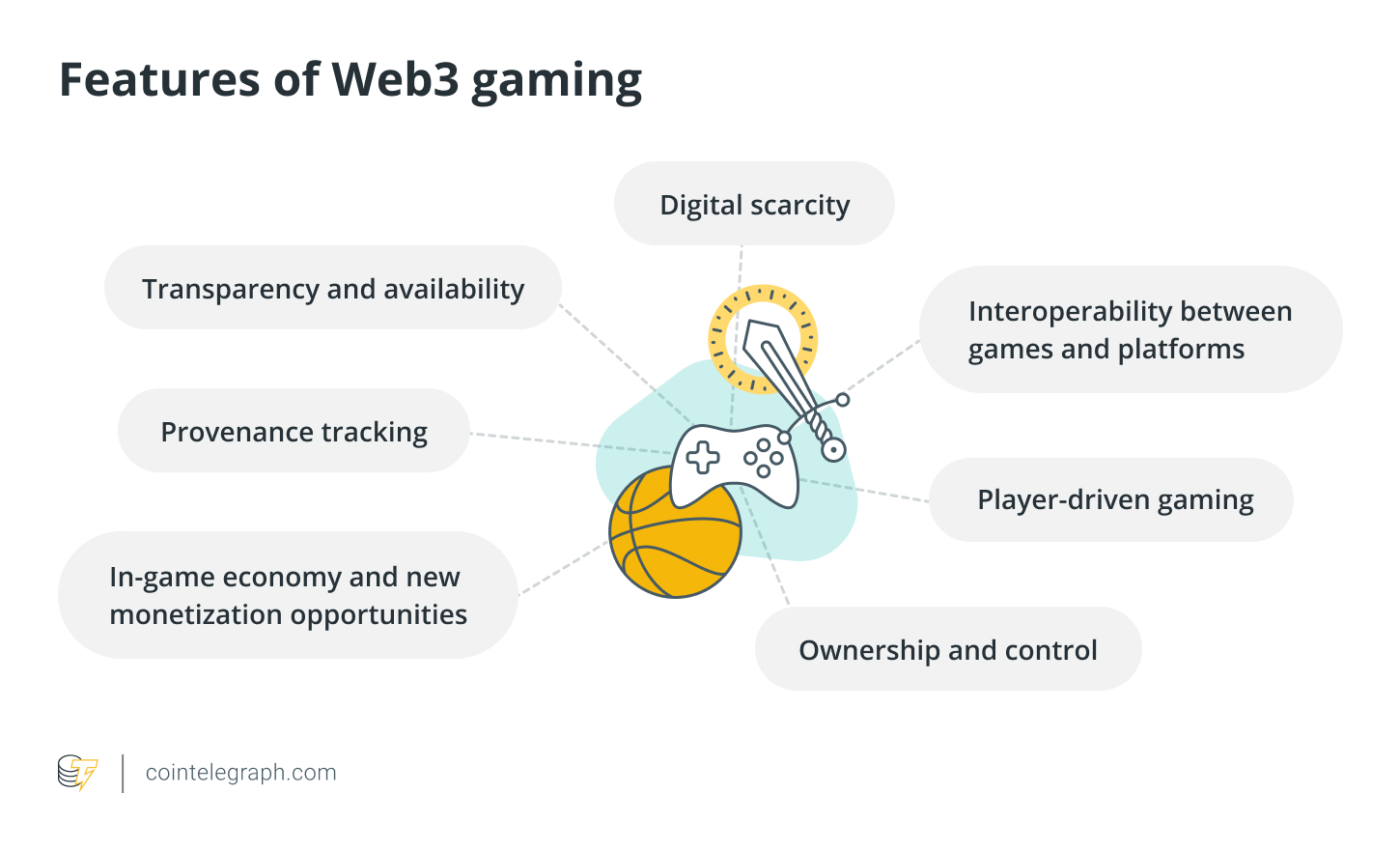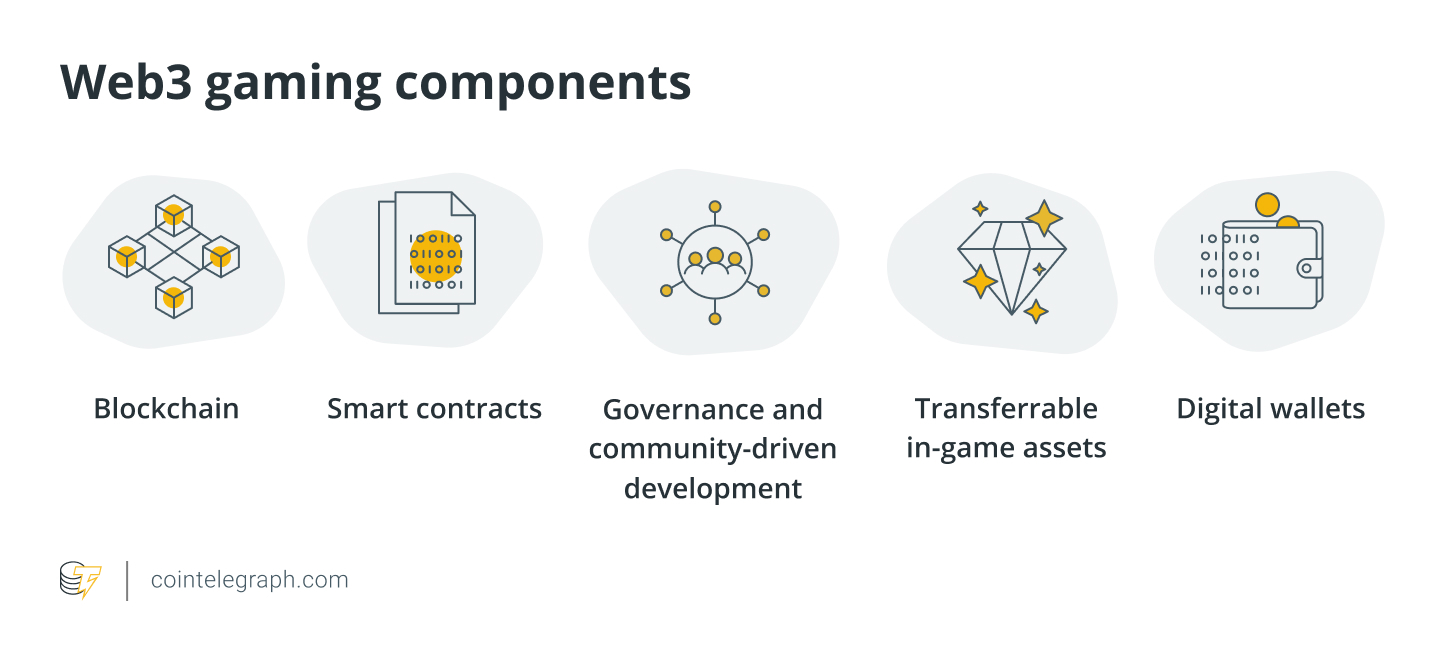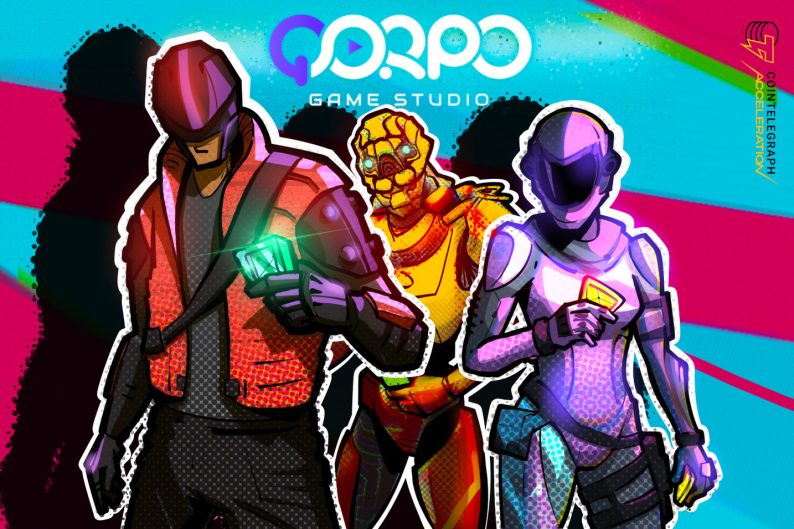
The world of crypto and Web3 is fast-moving, with new trends emerging all the time. However, the industry has a bit of a problem when it comes to public perception. Figures from Pew Research Center suggest that among Americans who have heard about cryptocurrencies, 75% are either not very or not at all confident in their safety and reliability.
While there has been no shortage of innovation across this vibrant sector in recent years, some misconceptions have continued to stick. Nonfungible tokens (NFTs) hit headlines worldwide after rare pieces of digital art began changing hands for millions of dollars. This led to a narrative that all NFTs were expensive — but in actual fact, the average revenue per user stands at just $114.80. Away from eye-watering prices for CryptoPunks and Bored Apes, many crypto collectibles are being sold at far more affordable rates.
Lack of sustainability and game quality in Web3
Web3 and blockchain-based gaming suffer from a similar fate. Play-to-Earn titles initially attracted a lot of attention for paying out rewards to avid users, but those returns ultimately proved unsustainable over time. For example, Axie Infinity was one of the top-tier games that slashed rewards as the bear market began to bite.
Despite searing questions about the viability of this industry, developers have continued to create games that follow this model. However, this tends to create communities of investors rather than gamers, with the prospect of monetization sucking the fun out of the experience. Worse still, a misplaced focus on tokenization often takes resources away from making the game experience as immersive as possible.
Web3 games have also been criticized for their limited variety and relatively lower quality compared to traditional centralized games. To encourage broader adoption, it is critical that Web3 developers focus on creating diverse game genres and experiences catering to different player preferences and enhancing visual, interactive elements.

Complicated onboarding process
Another area where Web3 games have stumbled is in the onboarding process. Many newcomers find it daunting to navigate the complexities of setting up wallets, acquiring digital assets and connecting to decentralized platforms. To address this, game developers need to prioritize user-friendly onboarding experiences that simplify the steps required to get started. Intuitive tutorials, clear instructions and seamless integration with popular wallets and platforms can go a long way toward making Web3 games more accessible to a broader audience.
Web3 gaming companies need to change the narrative to regain the interest and trust of curious users. Right now, there’s a lot of skepticism surrounding Web3 and an unwillingness to try new technologies. The first priority should be to create modern, entertaining games that have the same production value as what’s seen in the Web2 space. Blockchain functionality should then serve as an additional layer on top, with rewards that are carefully calculated and transparently presented.

Bridging the gap
Citizen Conflict is one game that aims to unite Web2 and Web3 users, delivering an experience that meets industry standards because it’s built in Unreal Engine 5. Through a simple and accessible interface, game creators will bring sustainability and quality to the forefront, revitalizing the industry and rebuilding trust among players.
The game has been billed as a futuristic hero shooter that aims to democratize esports and offer a level of sustainability that has been sorely lacking in the space to date. While prize pools are offered to competitors, its model means that the funds paid out in tournaments are derived from sponsorship. The game boasts top-notch graphics, immersive gameplay and captivating storytelling, rivaling traditional centralized games in terms of quality and appeal.
In addition, Citizen Conflict simplifies the user onboarding process with an intuitive user interface. Players are seamlessly guided through wallet setup, asset acquisition and platform connection, removing the barriers that hinder mainstream adoption. Clear communication and user support ensure a smooth entry into the Web3 gaming world. And it’s all combined with top-notch graphics, immersive gameplay and compelling storytelling that rivals traditional core games in quality and appeal.
Learning from mistakes
Even with top-notch graphics and sensible tokenomics, there’s another huge issue that Web3 titles need to resolve: giving their communities a voice in future development. Old-fashioned games adopt a “like it or lump it” approach to updates — pushing them through without researching what their players actually want. This can often lead to controversy. Ethereum co-founder Vitalik Buterin famously revealed that he was driven to start building decentralized money after Blizzard, the publishing company for the MMORPG World of Warcraft, removed a key damage component from his warlock’s “Siphon Life” spell. “I cried myself to sleep, and on that day I realized what horrors centralized services can bring,” Buterin said.
Citizen Conflict says it delivers transparency by allowing its community to vote on key development stages — giving them a stake in where the game goes next. Its compelling storyline has been broken up into monthly chapters, and players can ensure that their voices are being heard when it comes to how the plot unfolds.
Your voice makes chances!??
Don’t just follow, voice your preferences and determine the future of our game. Head over to QORPO ID and vote in new poll.
We appreciate your dedication; your involvement named our token $QORPO, you made us focus on the seamless gunplay, and you… pic.twitter.com/JhEaEs53Yk
— QORPO Game Studio (@QORPOGameStudio) June 12, 2023
Rastislav Bakala is the CEO and founder of QORPO Game Studio, the mastermind behind Citizen Conflict. He said:
“When we came up with the game, we felt a need to reinvent the typical Web3 reward structure. That’s when we brought to life the idea of prize pool tournaments and esports for the masses. This way we can offer sustainable monetization and draw mainstream users to the blockchain.”
Encouraging Web3 adoption is a marathon, not a sprint. As with any fledgling technology, mistakes will be made along the way. Citizen Conflict aims to learn from the mistakes of previous projects, unlock the potential of Web3, and create a more inclusive and captivating gaming landscape for all.
Learn more about Citizen Conflict
Disclaimer. Cointelegraph does not endorse any content or product on this page. While we aim at providing you with all important information that we could obtain in this sponsored article, readers should do their own research before taking any actions related to the company and carry full responsibility for their decisions, nor can this article be considered as investment advice.






Leave A Comment